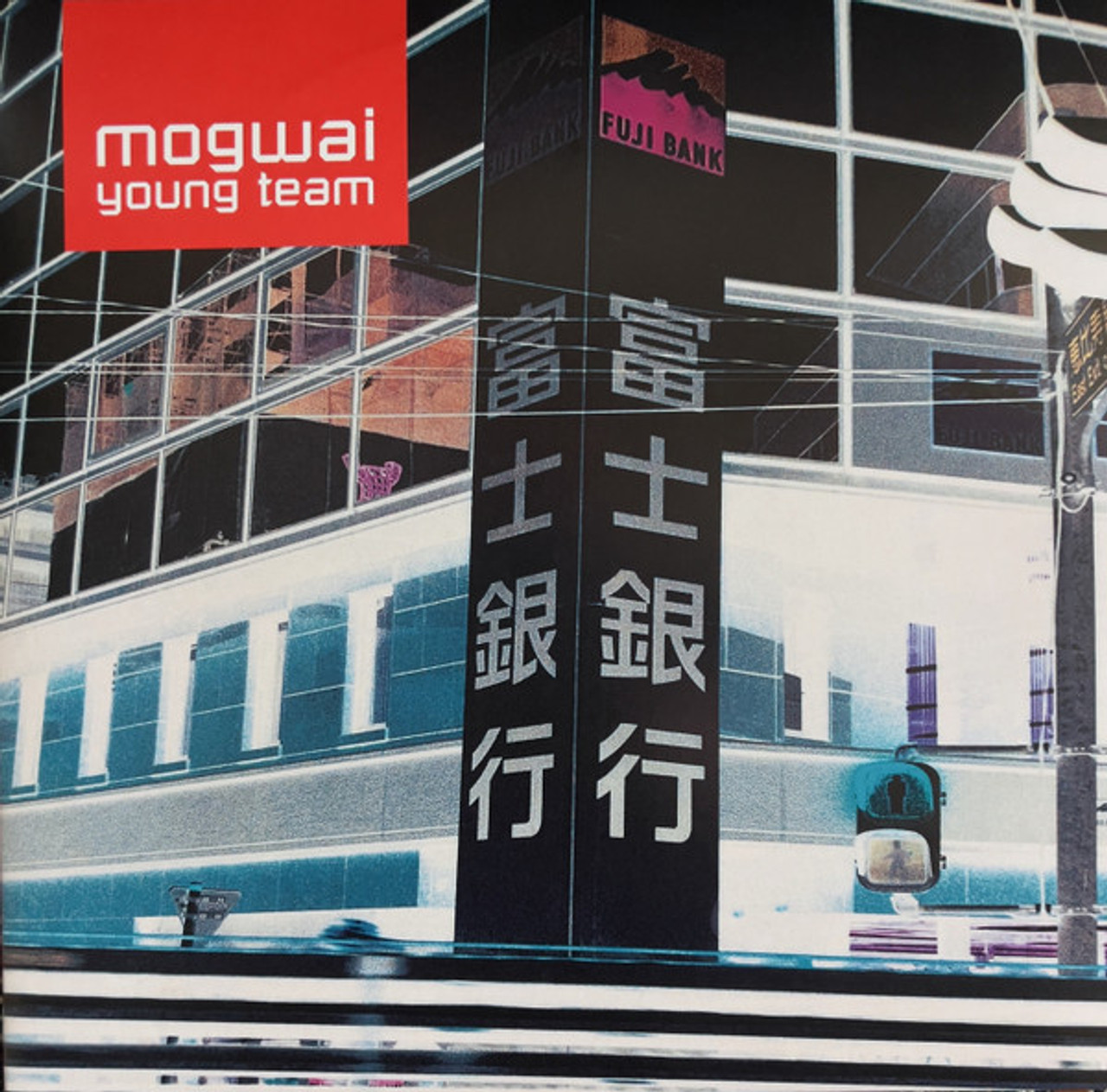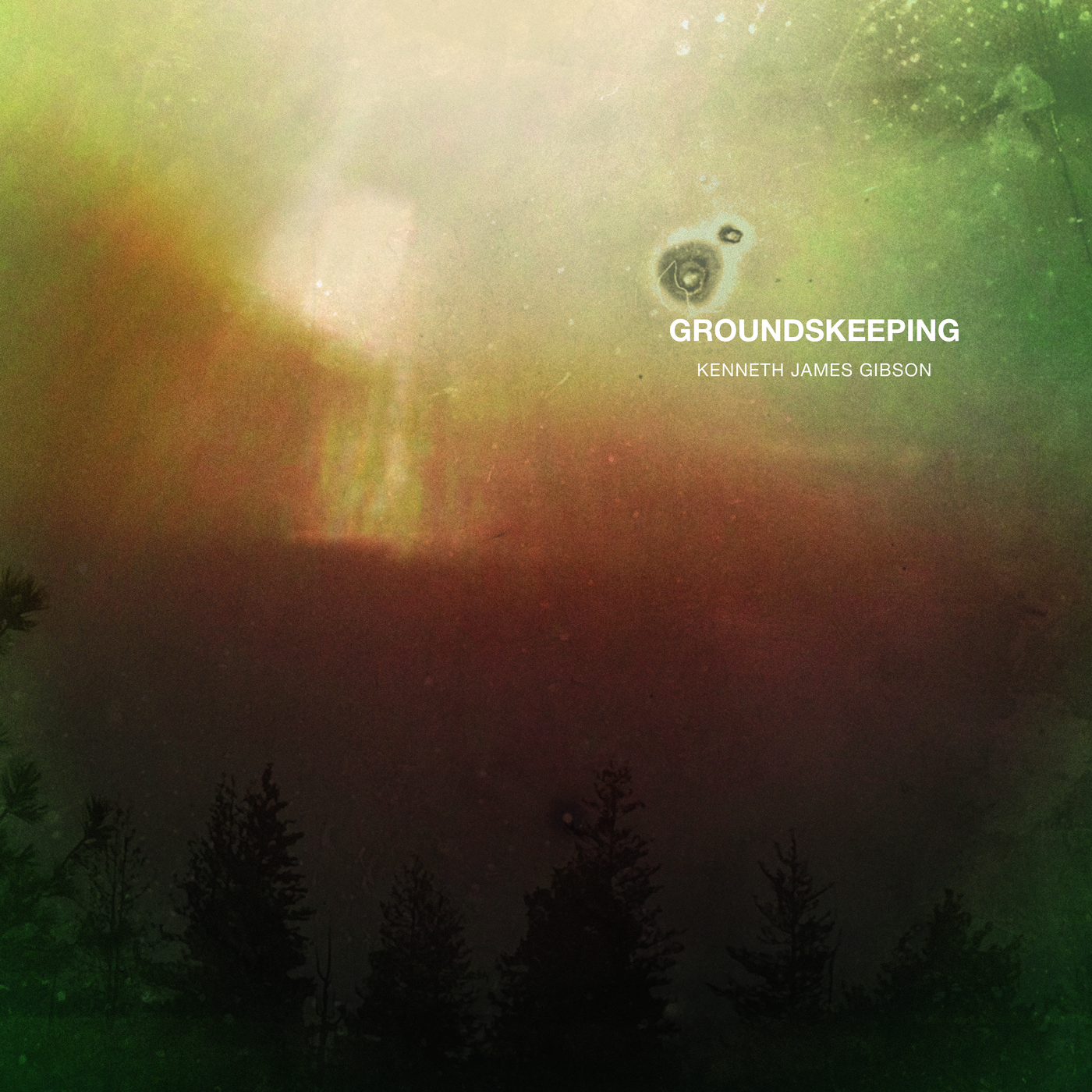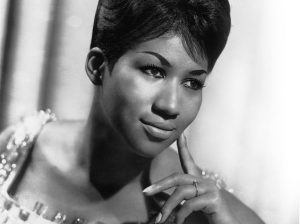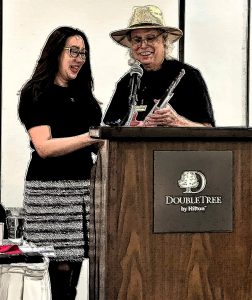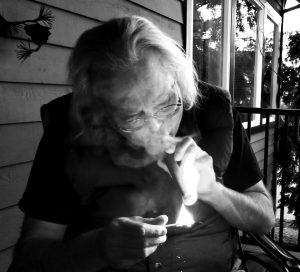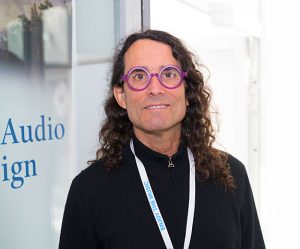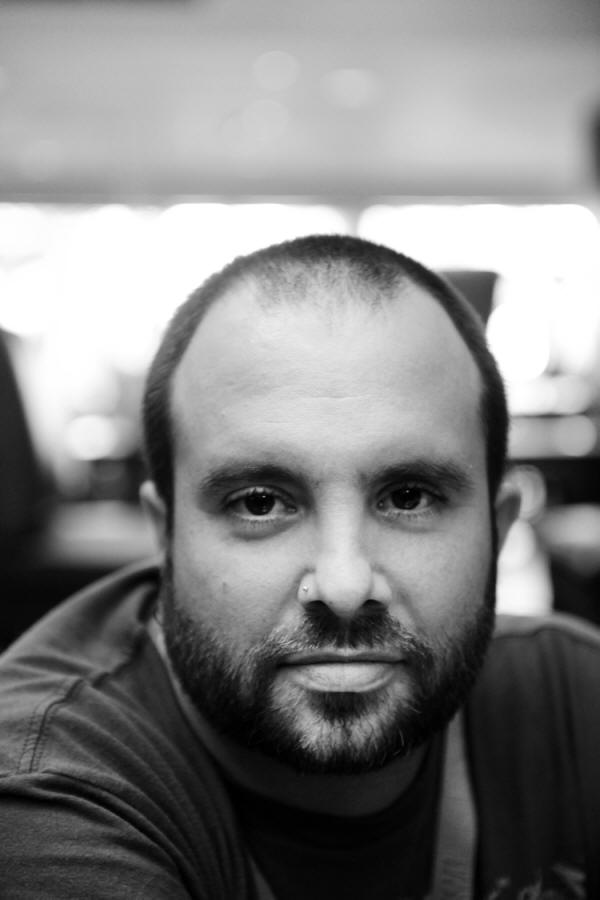
A Portrait of Michael Mercer: THE Show, Newport Beach, CA, 2013
I have to admit, it felt great to laugh out-loud while reading Dr. D's (as I call him) farewell essay on Harry Pearson. It was also refreshing; as he stated, because Dr. D never worked for Harry. He was able to take a more objective look at the man, and believe me, the story involving the distributor: As funny as it is to read now—dealing with things like that as Harry's equipment and acquisitions manager made the job a nightmare sometimes.
But that was part of the essence of Harry: He was certainly yin and yang. We could be talking on the phone, having a pleasant conversation, and next thing you know he's biting my head off, and I couldn't even figure out what I did to provoke him! I'm glad however, that Dr. D was able to see him as an artist, because that's what he was. I also wish Dr. D and Harry had more time to talk and correspond, because I envision some amazing articles that could have come out of the two of them when it comes to DSD. Unfortunately we'll never see that, but believe me, it would have been eye-opening if they decided to team-up on the subject. The cool thing is: Because I've been writing for Positive Feedback for years (five, six, I honestly can't remember) I had a few conversations with Harry about Dr. D, and what I heard from Harry, well, let's just say in his later years he came to respect what Dr. D, Dave Clark, and Carol Clark managed to do with PFO.
Actually, Harry often spoke about Carol Clark when we talked about PFO, as he was a huge proponent for getting more women involved in high-end audio. He would always say (and I believe it's been scientifically proven) that women have better hearing in the upper frequencies than men. I know he never figured out how to engage more women publicly, but he thought Carol Clark's presence at PFO was very important (probably why he flirted with her so much at RMAF in 2009), and he respected her very much. I always loved that about him. When he gave that seminar address at RMAF in 2009 that Dr. D mentions in his essay, once it turned to questions, I remember him saying that he wanted to hear from a woman (there were a few in the audience), and he even told a few men to put their hands down until a woman raised her hand to speak.
Regarding that address Harry gave at Rocky Mountain Audio Fest in 2009 about "The Future of High-End Audio," there's a funny story behind that. Harry called me months before the event to tell me that he was asked to give a speech about "the golden years of high-end audio." I remember this conversation like it was yesterday, because it was the first time I ever stood up to him, and held my ground. I even remember exactly what I said to him: "If you're going to get up there and solidify yourself as a fossil, I don't want any part of it." He wondered why I was upset, and what else could he talk about? I told him that he was still capable of being a leader in the industry, and why get up there and hash over the past? He was loving DSD at that time (and yes, he might've been a little off in talking about multi-channel being the future of high-end audio—but look at DSD now), and so Joey Weiss and I convinced him to get up there and talk about the future instead of the past. He also put me on the spot at that address. He told me he loved my first "What is The Future of the High End" essay (HERE) so much that he was going to read from it. Well, I felt like I was on top of the world at that moment! My mentor, reading my words at his address? But, instead, he asked me to get up and address the crowd, on the spot, without saying a word to me before-hand. I could've killed him, but at the same time I loved him for it. That was the duality that Harry could bring out in you that Dr. D refers to in his essay. You could love him and hate him at the same time.
Dr. D also touched on a few things that I saw Harry struggle with: The Hp myth, the sort-of-celebrity and cult-like status he achieved. He may have appeared to enjoy the spotlight, but it actually scared the crap out of him. You see, when he wrote as Hp he could say anything. That was a place of safety for him. When he went out into the real world, especially at audio shows and events, he didn't want to be Hp, but he felt like he had to be that character. He didn't want to be vulnerable out in the open. He was always torn about it, and Dr. D was very astute in his observations about that, and eventually what it did to him. We talked about it more and more as the years passed, and he told me about how he regretted the way he treated some people. He was keenly aware about the hubris that Dr. D spoke of, and he got softer as the years passed—but he could still cut ya like a knife. I also believe he fell victim to his own legend, and that struggle stayed with him until the end.
Harry had many flaws, but who doesn't? What Dr. D doesn't know, is that Harry told me a few times that he respected "Dr. Robinson" (where I got "Dr. D" from) for going his own way. There were a few times when I wrote essays that Harry asked me: "David Robinson let you write this, and published it?" I told him of course, that I would even email David while writing some of those essays and tell him: "Dr. D, I think I'm gonna piss some people off with this essay." His response was usually something like: "Good Michael, we need to stir things up now and then." Harry loved to hear about that. He said he respected David, Dave, and Carol for giving me breathing room editorially.
But did he say that to any of them? Nope. That was Harry. He was human after all, and I'm sure, as Dr. D said, that we're going to see many stories written about him. I'm also sure most of them will be true!
He loved hoarding components. He often made it difficult for manufacturers to get their gear back after a review, especially if he thought their component should be part of his "reference system." He certainly tried to live a lifestyle beyond his means, and that often involved having many peers in the high-end pay for expensive wine and dinners. But they knew it, and they paid, because the dinners would always be more entertaining with Harry at the table.
They broke the mold with Harry Pearson. Whether you agreed with him or not, he enjoyed getting a reaction from people. I remember when I got my first hater online, an anonymous person left an awful comment on some review I wrote. Harry said: "Moishe, once you have haters you're doing something right." I always think about that. He didn't mean I shouldn't care. He told me that causing a reaction in someone, good or bad, is what it's all about. Keep the conversation going, and boy could Harry talk!
I think I'll miss that most of all, our conversations. Reading Dr. D's essay again, I couldn't help but think what a polarizing figure Harry Pearson was to many people. But you know what? Like I've said before: He was human. Nobody is perfect, and Harry was far from it. But he had an impact on many lives, and I think that meant a lot to him. I also know that it was very important to him that people judge him on his work.
Well, if someone like Dr. Robinson can acknowledge his contributions to the high-end, without having any personal relationship with him, I think that would mean the world to Harry. I know that I'm wholly committed to carrying on the "good fight," as he would say.
So blast your stereo system tonight, even if only for a minute, and pay tribute to a man that dedicated his life to the advancement of the audio arts.
I want to thank David Robinson for his essay.
And I think Harry would've loved it too.
[Photograph and processing by Robinson]





